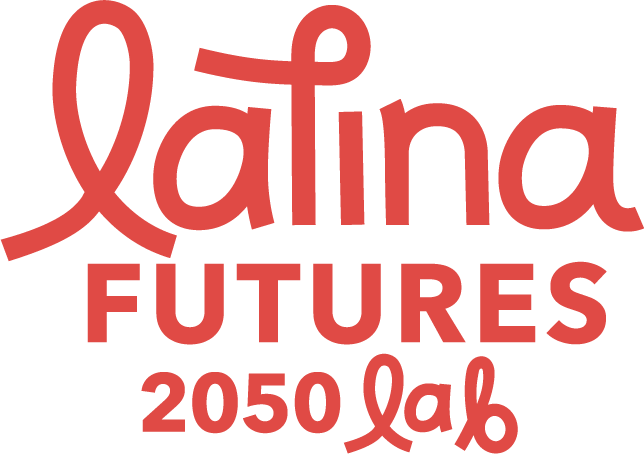
February 4, 2025
Meet the Expert: Krystell Jimenez, Latina Futures Librarian
By Paula Valle

In a world where history is often written by the privileged few, Krystell Jimenez has made it her life’s work to ensure that the stories of the marginalized are not lost to time. As the Latina Futures Librarian at UCLA’s Chicano Studies Research Center (CSRC), she is dedicated to preserving the histories of underrepresented communities. With expertise in preserving and processing physical archives, she works to safeguard these vital records, ensuring they remain accessible to researchers, activists, and the public.
Krystell’s passion for archiving began with a deep love for history, not just studying the past, but understanding how history itself is created. “I’ve always loved history, but discovering primary sources and original records is what truly drew me in,” she explains.
While pursuing a degree in Middle Eastern Studies, she realized how often historical narratives excluded women, people of color, LGBTQ+ individuals, and religious minorities. “It made me hungry to find and preserve the stories that often go untold,” she says. This realization would go on to shape her career, guiding her toward a mission of amplifying overlooked voices and ensuring their contributions are documented.
After earning her master’s degree in Library and Information Studies, Krystell sought opportunities that aligned with her values of community-centered storytelling. She worked at the Museum of Ventura County, where she honed her skills in archiving local histories. “I was drawn to places that prioritize local narratives over grand, institutional histories,” she explains. “So many stories are rooted in small communities, and if those histories aren’t collected and preserved, they risk being erased entirely.” Her work focused on making archives more accessible to the people whose histories they contained, ensuring that communities could engage with their own pasts.

Now at CSRC, Krystell continues this work on a larger scale. She is responsible for expanding the center’s collections, acquiring new materials, and ensuring that historically marginalized voices are part of the archival record. “I think it’s important to talk about those histories,” she says, “because if people don’t document them, future generations might assume these communities didn’t exist or contribute meaningfully.” Through her work, she aims to correct those omissions and create an archive that truly reflects the diversity of experiences in Chicana/o and Latina/o communities.
One of her most impactful projects has been working on the archives related to the forced sterilization of women at Los Angeles County General Hospital. “It’s difficult material—so many people were deeply hurt,” she explains. “But it’s important to preserve these histories, especially now that Roe v. Wade has been overturned. Abortion care isn’t just about choosing not to be pregnant—it’s also about ensuring that people have full control over their reproductive health. The history of forced sterilization reminds us why reproductive justice matters.”



